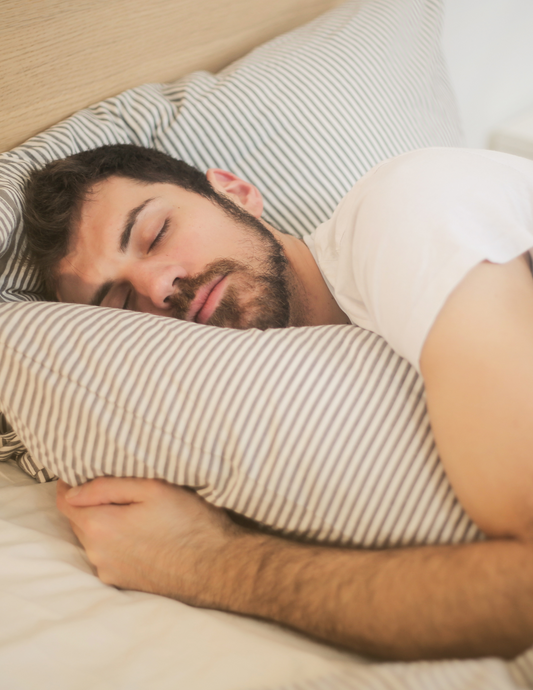Why Does Cannabis Cause Paranoia in Some People?
While cannabis is often associated with relaxation, it can also trigger feelings of paranoia or anxiety in some individuals. This happens because cannabis interacts with the brain in complex ways, particularly through the endocannabinoid system (ECS), which plays a role in regulating mood, fear, and anxiety.
Understanding Paranoia
Paranoia is a specific type of anxiety where you experience irrational suspicions, like thinking people are watching or trying to harm you. This heightened sense of fear can be triggered by cannabis, particularly by its psychoactive compound, THC.
Why It Happens: The Role of the Endocannabinoid System
Cannabis affects the ECS by binding to endocannabinoid receptors in the brain, including those in the amygdala—a part of the brain that regulates fear and stress responses. THC overstimulates the amygdala by flooding the brain with cannabinoids, which may amplify feelings of fear, anxiety, and paranoia. On the other hand, CBD, another compound in cannabis, doesn’t bind to these receptors in the same way, and products high in CBD are less likely to cause paranoia.
Factors That Increase Paranoia
Not everyone who uses cannabis experiences paranoia. Several factors can make you more prone to it:
-
Genetics: Some people may have a brain chemistry that’s more sensitive to THC, leading to negative effects like anxiety or paranoia.
-
THC Content: Cannabis with high THC levels can increase the likelihood of experiencing paranoia. Research shows that while low doses of THC can reduce stress, higher doses can have the opposite effect, increasing anxiety and negative feelings.
-
Sex: Females may be more sensitive to cannabis due to higher estrogen levels, which can make the effects of THC, including paranoia, more pronounced.
How to Handle Cannabis-Related Paranoia
If you find yourself feeling paranoid after using cannabis, there are a few strategies that might help:
-
Relax: Engage in calming activities like listening to soothing music, taking a warm bath, or practicing deep breathing exercises like alternate nostril breathing.
-
Pepper or Lemon: Terpenes found in black pepper and lemons may counteract the effects of THC. Try sniffing freshly ground peppercorns or sipping lemon juice to ease the paranoia.
-
Change Your Environment: Moving to a calm, quiet space or wrapping yourself in a blanket can help reduce stress. Having a trusted friend around can also provide comfort.
Avoiding Paranoia in the Future
If you want to enjoy cannabis without the risk of paranoia, consider these tips:
-
Use Less Cannabis: Start with a small amount and wait 30 minutes to an hour to gauge its effects before consuming more.
-
Opt for CBD-Rich Strains: Strains with higher CBD content and lower THC can reduce the chances of experiencing paranoia. CBD is known for its calming properties and may counterbalance THC's psychoactive effects.
When to Seek Help
While cannabis-related paranoia typically fades as the effects of THC wear off, persistent or severe paranoia, especially when it interferes with your daily life, might signal an underlying issue like anxiety or another mental health condition. In these cases, seeking help from a therapist or healthcare provider is recommended.
For individuals who stop using cannabis but still feel paranoid, it could be a symptom of Cannabis Withdrawal Syndrome (CWS), which can last for a few weeks. If this happens, it's important to consult with a healthcare provider for guidance.
The Bottom Line
Cannabis-induced paranoia can be distressing, but it’s often temporary. If you’re prone to paranoia, reducing your cannabis intake, opting for CBD-rich products, and adjusting your environment can help minimize these effects. If paranoia persists, reaching out to a professional may provide relief and long-term support.







